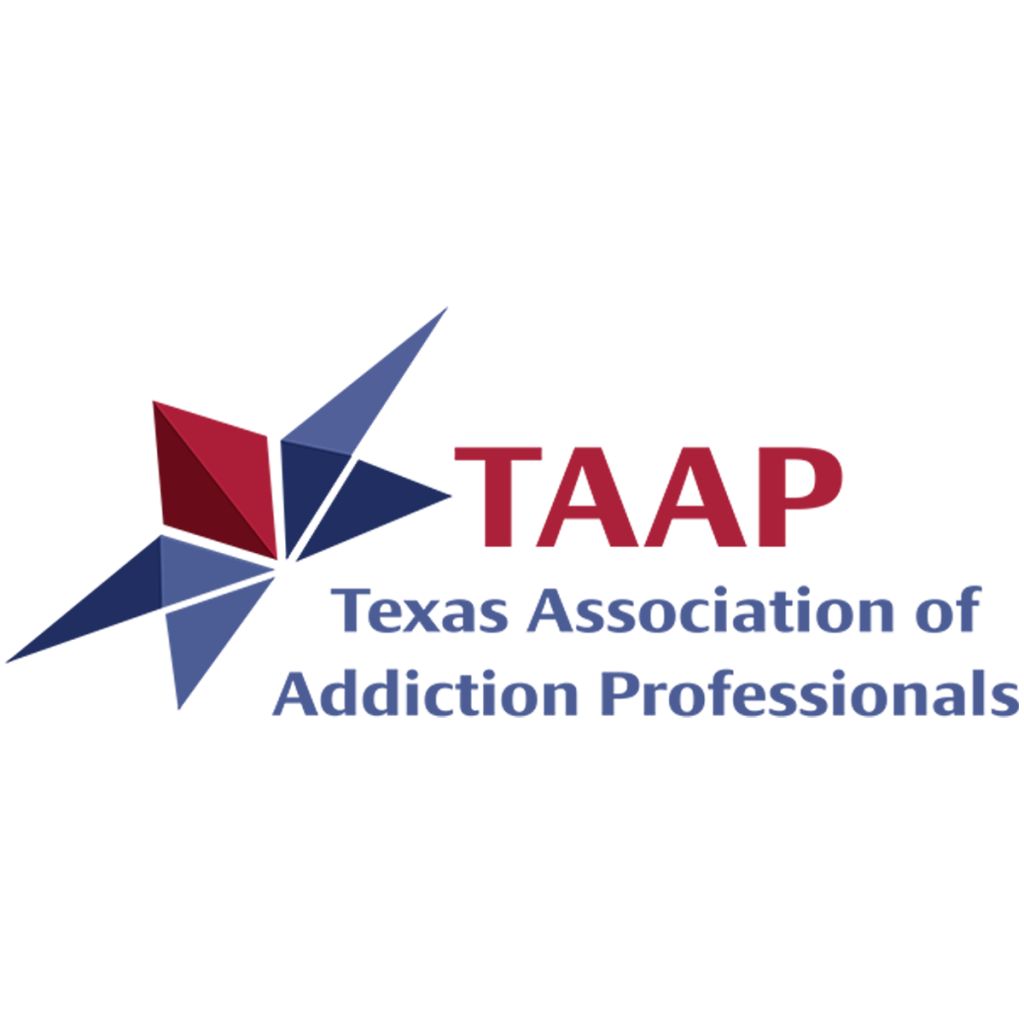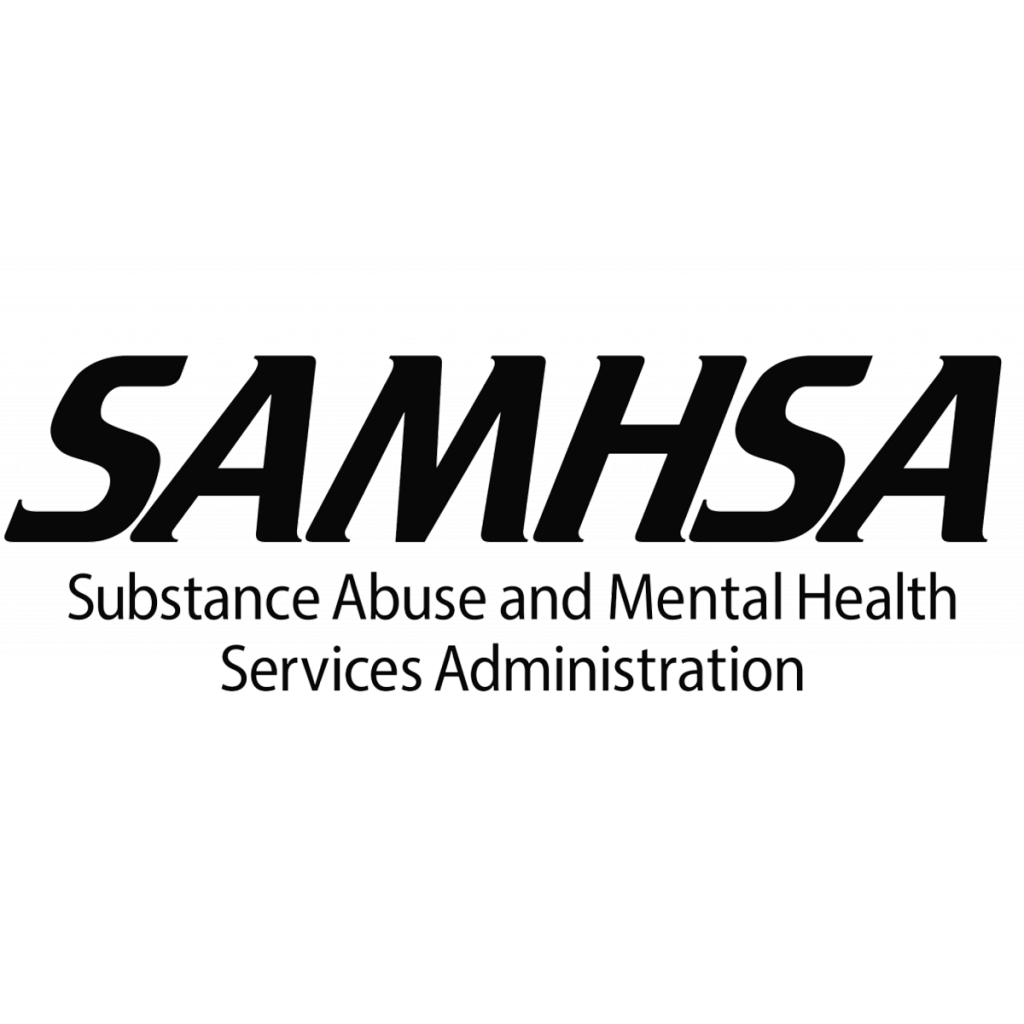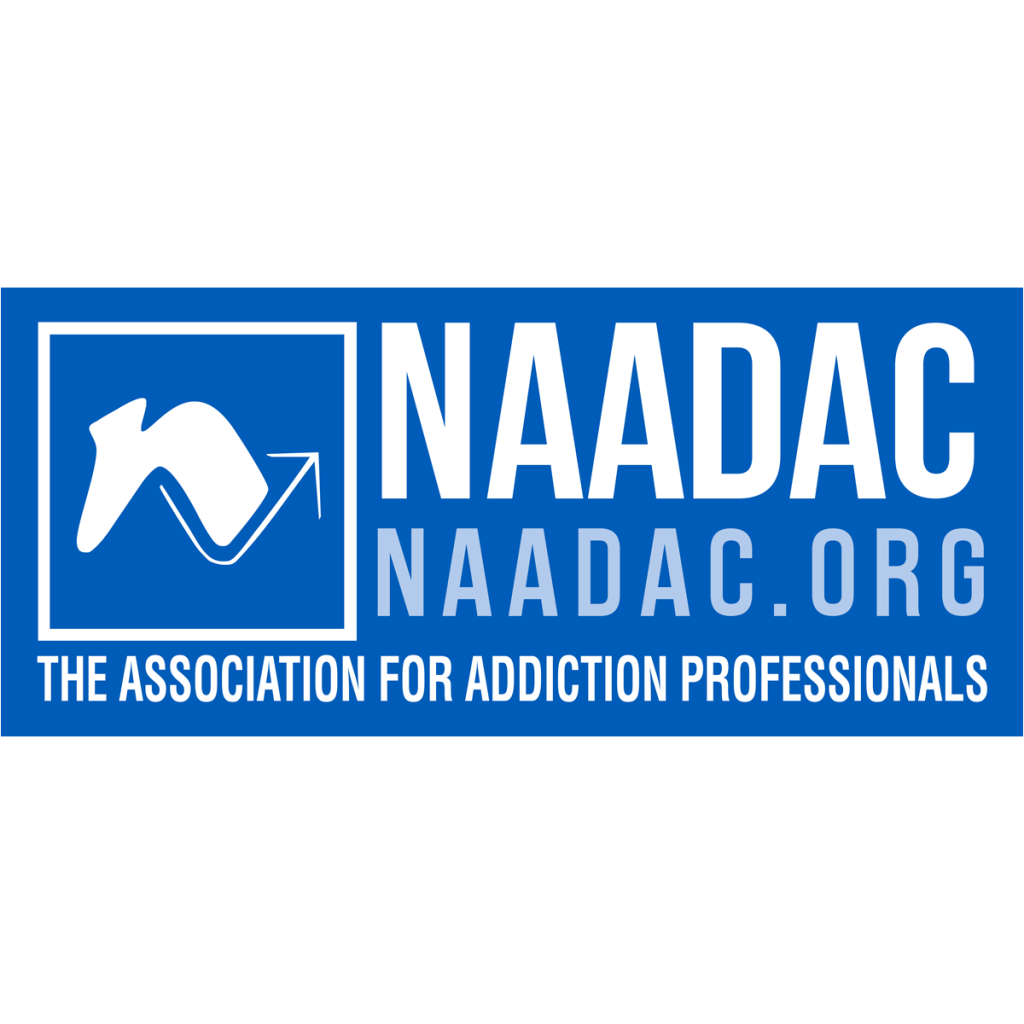
Table of Contents
Drug addiction is a pervasive issue that affects individuals, families, and communities across the country, and Austin, Texas is no exception. The need for drug rehab services in this area is paramount, as addiction continues to devastate lives and strain resources.
Understanding the importance of drug rehab in Austin, Texas is crucial. It is essential for addressing the problem and assisting those in need of support and treatment. This guide will explain drug rehab in Austin, Texas. It shows how it helps people overcome addiction and regain their lives.
The need for drug rehab in Austin Texas
Drug rehab in Austin, Texas is necessary due to high drug addiction rates in the area. According to recent reports, the rate of drug overdose deaths in Austin has seen a sharp increase in recent years. This loss of life shows the urgent need for drug rehab services to help prevent such tragedies.
Additionally, drug addiction has far-reaching effects on individuals, families, and communities. Addiction ruins lives and puts pressure on resources like law enforcement, healthcare, and social services.
Drug rehab in Austin, Texas is important for tackling addiction causes and offering effective treatment options. Drug rehab centers in Austin provide evidence-based treatments like detox, counseling, and aftercare. They help people recover from addiction, rebuild their lives, mend relationships, and improve their health and well-being.
Quality of care in drug rehab centers
When looking for help with drug addiction, it’s important to pick a rehab center that focuses on giving good care. Good care is important for effective treatment and long-term recovery for people with addiction.
One of the key indicators of quality in drug rehab centers is the expertise and qualifications of the staff. A good center needs trained professionals, like addiction counselors, therapists, and medical experts, who can treat substance abuse disorders.
Another aspect of quality care is the use of evidence-based treatment approaches. Research has backed these approaches and proven them to be effective in helping individuals overcome addiction. Examples of evidence-based treatments include cognitive-behavioral therapy (CBT), individual and group counseling, medication-assisted treatment (MAT), and holistic therapies.
Additionally, a quality rehab center should provide personalized treatment plans tailored to the unique needs of each individual. Every person’s addiction journey is different, and a one-size-fits-all approach may not yield the desired outcomes. To better focus and succeed in treatment, it is necessary to thoroughly evaluate each patient’s unique needs and problems.
Moreover, the environment and facilities of a rehab center can significantly impact the recovery process. A comfortable, supportive, and therapeutic environment can promote healing and provide individuals with the necessary tools and resources to navigate their recovery journey successfully.
Types of drug rehab programs available
There are various options available in Austin, Texas for drug rehab programs. To find the right program for your needs, it’s important to know the different types available.
- Inpatient or Residential Rehab: This type of program provides comprehensive care in a residential setting. Individuals live at the rehab center for a specified period, typically 30, 60, or 90 days. Inpatient rehab offers 24/7 supervision and a structured environment, allowing individuals to focus solely on their recovery.
- Outpatient Rehab: Outpatient rehab programs allow individuals to receive treatment while living at home. This program is good for people with mild to moderate addiction or those who finished inpatient treatment but still need help. Outpatient programs offer flexibility, allowing individuals to continue with work, school, or other responsibilities while attending therapy sessions and participating in treatment.
- Intensive Outpatient Program (IOP): IOPs are a middle ground between inpatient and outpatient rehab. This program provides a more intensive level of treatment than traditional outpatient programs. People go to therapy and counseling multiple times a week while still living at home and fulfilling their daily responsibilities.
- Partial Hospitalization Program (PHP): PHP is a highly structured program that offers intensive treatment during the day while allowing individuals to return home in the evenings. This program is for people who need more care than regular outpatient rehab but don’t need constant supervision.
- Dual Diagnosis Treatment: Dual diagnosis treatment refers to programs that specialize in treating co-occurring mental health disorders along with substance abuse. This approach helps with addiction and mental health issues at the same time for better care and results.
The role of therapy in drug rehab
One of the fundamental components of any drug rehab program is therapy. Therapy helps people beat addiction and learn skills for staying sober in the long run. In Austin, Texas, different therapy methods are used in drug rehab programs to help each person’s specific needs.
Individual Therapy: Individual therapy sessions provide a safe and confidential space for individuals to explore their thoughts, feelings, and experiences related to their addiction. People can work with a therapist to address the causes of their substance abuse. They can also learn strategies to manage their addiction and establish achievable goals for their recovery.
Group Therapy: Group therapy sessions offer individuals the opportunity to connect with others who are going through similar challenges. These sessions offer a safe space for people to share their experiences, learn from others, and receive support and encouragement.
Family Therapy: Addiction affects not only the individual struggling with substance abuse but also their loved ones. Family therapy sessions aim to rebuild and strengthen familial relationships by addressing communication issues, setting boundaries, and fostering a supportive and understanding environment. Involving family members in the recovery process can significantly increase the chances of long-term success.
Cognitive-Behavioral Therapy (CBT): CBT is a widely used therapeutic approach in drug rehab programs. It helps individuals identify and change negative thought patterns and behaviors that contribute to their addiction. By questioning and changing unhealthy beliefs, people can learn new ways to deal with problems and improve their lives.
Support services for patients and families
Support services for both patients and their families are essential components of drug rehab programs in Austin, Texas. These services help people and their loved ones with recovery by giving ongoing support, guidance, and resources.
Support groups: In addition to therapy, support groups play a vital role in the recovery process. These groups, such as Alcoholics Anonymous (AA) or Narcotics Anonymous (NA), provide a safe and supportive environment for individuals to share their experiences, struggles, and successes with others who can relate. Joining a support group can help people feel less lonely. It also provides them with a community of empathetic individuals. These individuals can offer guidance and support.
Family education: Drug rehab programs often offer educational resources and workshops for family members. These educational sessions provide information on addiction, its effects on individuals and families, and strategies for supporting the recovery process. By learning about addiction, families can better understand and support their loved ones who are struggling.
Case management: Case managers play a crucial role in drug rehab programs by coordinating care and connecting individuals to necessary resources. These professionals help individuals navigate the complex healthcare system, coordinate appointments, and ensure access to appropriate services even after completing the rehab program. Case managers can also assist in developing a comprehensive aftercare plan to support individuals in maintaining their sobriety.
Sober living homes: For individuals who need additional support, sober living homes can be a valuable option. These transitional residences provide a substance-free and structured environment where individuals can continue to work on their recovery while gradually reintegrating into society. Sober living homes often have rules and regulations that promote accountability, sobriety, and healthy living.
Continued therapy and check-ins: Regular therapy sessions and check-ins with a therapist or counselor are crucial in maintaining long-term sobriety. These sessions can help people deal with new challenges and triggers after rehab and learn how to manage them effectively. Continued therapy can also help individuals celebrate their milestones and achievements in recovery, promoting overall well-being.
The success rates of drug rehab in Austin Texas
When considering drug rehab programs in Austin, Texas, it is crucial to understand their success rates and outcomes. It is important to know how effective these programs are and what kind of results they have achieved. Drug rehab can greatly increase the likelihood of long-term recovery, although outcomes may differ for each person.
According to research conducted by the National Institute on Drug Abuse (NIDA), individuals who complete a drug rehab program have higher rates of abstinence and lower rates of relapse compared to those who do not seek treatment. This highlights the effectiveness of comprehensive drug rehab programs in Austin, Texas.
Furthermore, various factors attribute to the success of drug rehab programs. These include the individual’s commitment to recovery, the quality of treatment received, the support system available, and the utilization of aftercare services.
Sober fun places to visit in Austin, Texas
After finishing drug rehab in Austin, Texas, it’s crucial to keep working on a satisfying and alcohol-free life. Austin has many fun things to do and see that don’t require drugs or alcohol.
Austin has many places to visit that are suitable for people who don’t drink alcohol. Some examples include Zilker Park and the Blanton Museum of Art. You can go hiking or kayaking on the Colorado River, or enjoy the city’s famous music scene.
In addition to these recreational options, Austin also has a thriving recovery community that can offer support and community. There are different events and groups where people can meet others who are also recovering from addiction.
Recovery With Nova
At Nova Recovery Center, Houston we provide our patients with a very comfortable detox process, where medical professionals provide monitoring and care around the clock. You will be provided with all the medications you need to combat the withdrawal symptoms. You will enroll in the in-patient recovery program where you’ll learn to stay away from drugs, through counseling, group therapy, etc.
Nova Recovery Center commits to helping you overcome your addiction so you can get back to what is most important to you. If you or someone you know are struggling with addiction, Nova Recovery Center can provide support. We have locations in Austin, Houston, and Wimberley Texas. Call today to begin your journey in recovery at (888) 428-1501.





